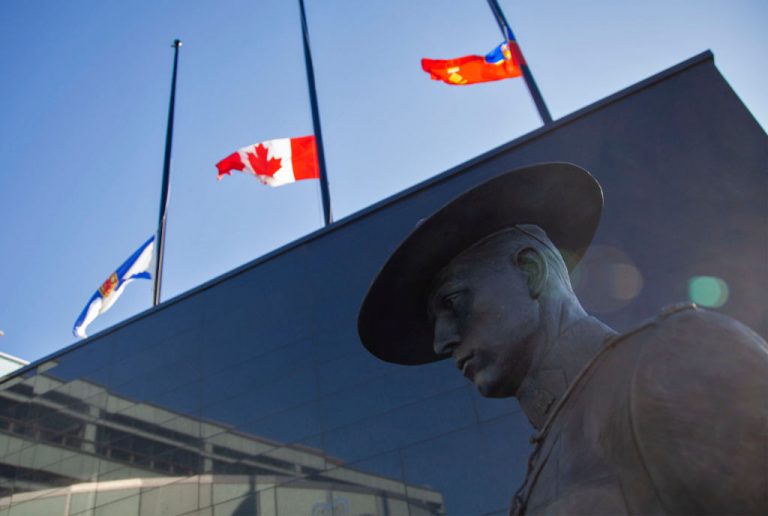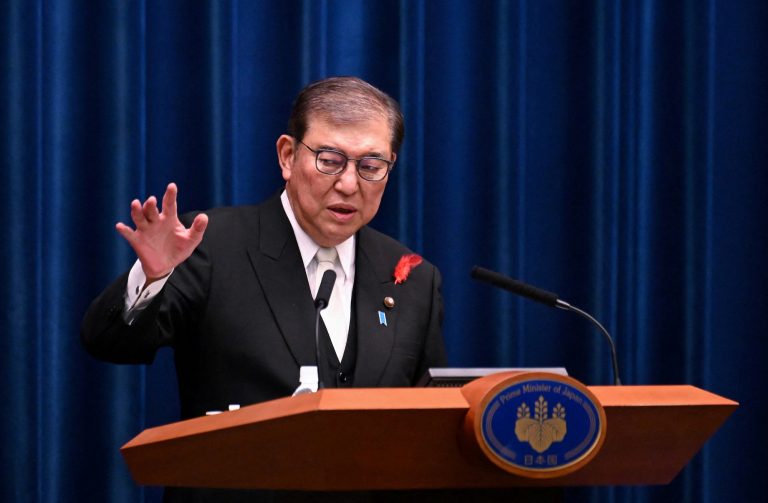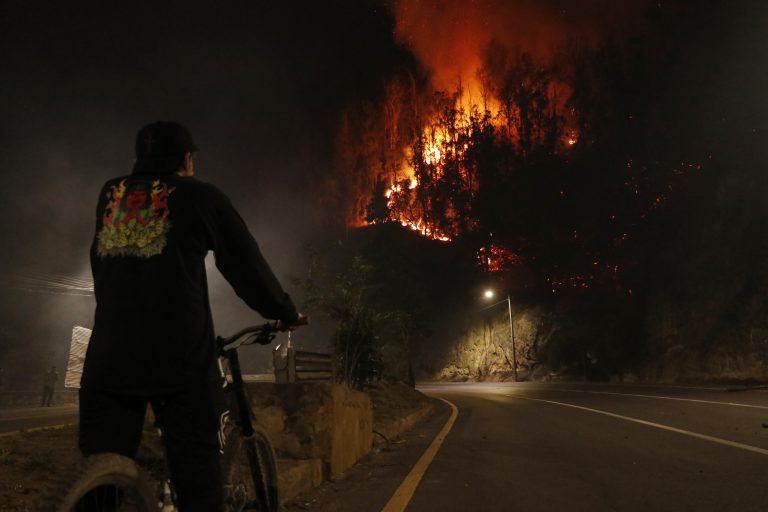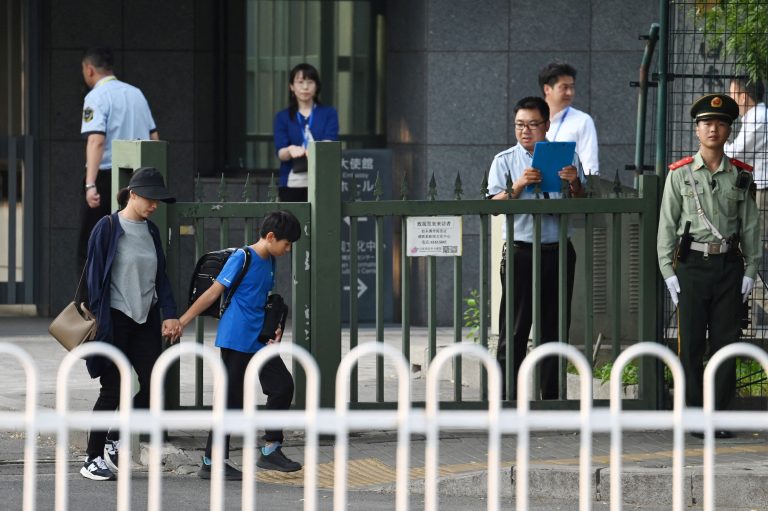A Canadian public health officer made the brazen admission during a live-streamed public question and answer session that public gathering restrictions enacted are not only an attempt to hamper the spread of the SARS-CoV-2 coronavirus, the pathogen that causes Coronavirus Disease 2019 (COVID-19), but is to prevent citizens from “deliberately spreading false information.”
Nova Scotia Chief Medical Officer of Health Richard Strang made the candid admission in a question and answer session during a May 31 live-streamed broadcast updating the public as to the state of COVID-19 in the Province.

Strang was asked by a caller about the Province’s ban on public gatherings and “Whether there really is a need for such a far reaching one considering the trajectory we’re on now.”
Strang replied “Bringing large numbers of people together can present some risk. We’ll continue to look at that.”
“But I think the other purpose of the injunction is to uh, is to uh, you know, to prevent uh, you know, groups that are spreading, deliberately spreading false information that can actually create risk… the information itself, if listened to, creates risk to the public as well. So that’s, that’s certainly is a need to manage that misinformation campaign as well.”
Success
You are now signed up for our newsletter
Success
Check your email to complete sign up
In mid-May, The Province of Nova Scotia applied to the Supreme Court of Nova Scotia for an emergency injunction banning public gatherings and protests. According to reporting by CTV Atlantic at the time, the petition was to “stop anti-mask, anti-lockdown protests.”
Premier Ian Rankin made the announcement at a press conference the same day, where he admitted the injunction was targeted at dissenters, “There was a protest planned for this weekend, a group of people who don’t agree with wearing a mask or following restrictions…So, government went to court to seek an injunction, and that was granted today, preventing this group, and any other from organizing, preventing and participating in a gathering against protocols.”
The injunction is notable because it occurred on an ex parte basis, meaning there was no council present to represent either the protest organizers or the people of Nova Scotia. The hearing was only between the Province’s lawyers and a Justice and relied on only Affidavits sworn by Strang and Director of Public Safety and Investigations Nova Scotia, Hayley Crichton.
CTV said Justice Scott Norton, who granted the Province its injunction, said protest organizers were “uninformed or wilfully blind to the scientific and medical evidence.”
“Their plan to gather in-person in large numbers, without social distancing and without masks, in contravention of the public health recommendations and orders shows a callous and shameful disregard for the health and safety of their fellow citizens.”
Norton praised the Provincial government in his ruling, saying, “Public health officials have taken an aggressive approach based on science, medicine and common sense.”
Nova Scotia is Canada’s easternmost peninsula with a population of slightly more than 970,000 people. On May 15, the Province reported 126 positive PCR tests, which was high, relatively speaking. Between June of 2020 and April 20, 2021, Nova Scotia never reported more than 37 positive PCR tests.
Positive test numbers quickly died off at the end of May and June, returning to double and single digits. As of June 29, the Province has logged 51 active cases and 2 hospitalizations with nobody in intensive care on a daily test count of less than 2,400.
Since the pandemic began, the island has reported 5,832 positive PCR tests and only 92 COVID-19 associated deaths.
On June 22, the injunction was temporarily lifted by Justice Gail Gatchalian after a legal challenge by the Canadian Civil Liberties Association pending a full hearing scheduled for June 30, the same day Nova Scotia is scheduled to reopen for travel to the rest of Canada.
Section 2(c) of the Canadian Charter of Rights and Freedoms, Canada’s version of a Constitution, guarantees citizens the “fundamental freedom” of peaceful assembly. However, the document is toothless. Section 33 of the Charter allows either the federal or provincial governments to nullify Section 2, Fundamental Freedoms, and Sections 7 through 14, Legal Rights, through a formal declaration at any time.







